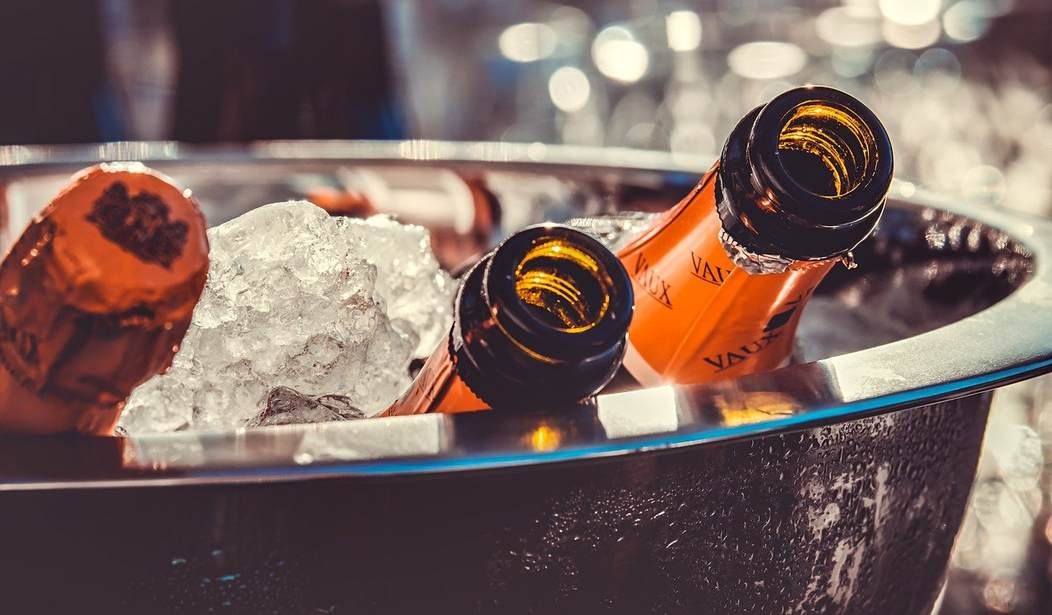If you have ever wondered why Sharia law has been banned in states like Alabama, Arizona, Kansas, Louisiana, North Carolina, South Dakota, and Tennessee, maybe you can blame it on beer, bourbon, and moonshine. Sharia law bans alcohol as thoroughly as Carrie Nation ever dreamed of in her whisky barrel-smashing campaign for Prohibition.
Now, a crack has appeared in Saudi Arabia, where Sharia is the law of the land. Up until 1952, booze was on the market in Saudi Arabia. Then King Ibn Saud banned it. After a 70-year dry spell, the first liquor store (or package store for those of you from Massachusetts) is opening in the diplomatic quarter of Riyadh.
But before you pop the corks — the store will only be authorized to serve non-Muslim diplomats. I guess, instead of carding people for age, they will be carded for religion. Saudi Air is known as the dry airline, although the newest planned Saudi carrier, Riyadh Air, says it "might" be able to serve you a drink by 2025 because Saudi Arabia is evolving so quickly.
Of course, if you are a Muslim or a non-diplomat and you decide to tipple within the kingdom, you can be fined, jailed, or deported. Maybe that is why the legion of Filipino nurses, medical folks from the U.S., and the other 9 million foreign workers get such high pay for their stints in the kingdom.
With so many oil-rich princes and their extended families, worker bees need to be imported. It is also why Beiruit is known as the Paris of the Middle East, as workers flock from lands where not only the sand is dry to the capital of the old French colonial mandate. There, they can find some liquid rest, relaxation, and good old French and Lebanese Christian fun.
Related: World's Oil Producers Are Planning Massive Expansions. But That's Very, Very Bad
Almost every U.S. state has a vineyard area producing homegrown wine. Despite plenty of sun in Muslim countries, from Morocco to the Indian Ocean, homegrown booze is frowned upon. Will this be the crack in the dam?
As of now, Catholics, Protestants, Jews, or members of any other religion are barred from practicing their faith openly in the kingdom. No one wears their cross necklace to work or packs it in their bag. With all the American diplomacy, aid, and support, you'd think diplomats could at least fight for the rights of over one million Catholics working there to hear Mass on Sundays.
In the United Arab Emirates, the world's largest Catholic parish is located in Dubai, with over 300,000 parishioners. In that country, foreign migrant workers make up a majority of the population. In Saudi Arabia, only 41% of the population are foreigners and non-Saudi immigrants.
Maybe it is time diplomats stopped just looking out for themselves and put some pressure on the Saudis to let our people go, so to speak. Now that there is a liquor store open for the swells, how about allowing altar wine that could legally be used for Eucharistic services? It is time the diplomatic corps stopped treating Christians as forgotten people.










Join the conversation as a VIP Member